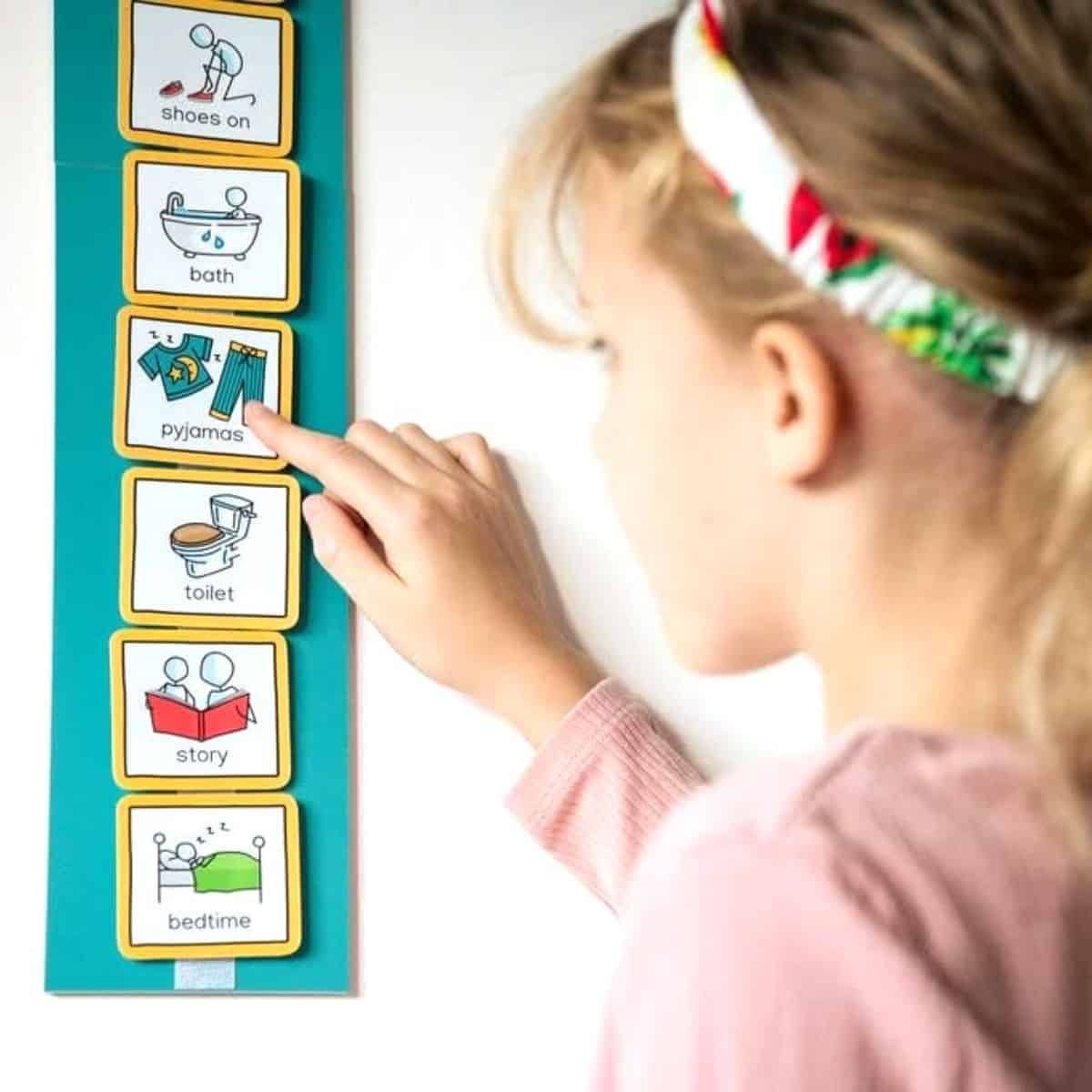Peaceful vs Permissive Parenting: 3 Key Differences
Build Connection

Peaceful Parenting vs. Permissive Parenting: 3 Key Differences
“Our challenge as parents is to create a new generation of compassionate and competent people who have the motivation, courage, creativity, and skills to find solutions for the problems facing humanity.” -Aletha J. Solter, Ph.D.
In her book,
Cooperative and Connected, Aletha goes on to say that traditional approaches to raising children, using rewards and punishments, may produce “obedient children who will passively accept the status quo.”
When we prioritize control, as we are culturally encouraged, parenting can become about dominance and obedience rather than the loving, fun, beautiful experience we imagined.
Many of us unconsciously repeat familiar patterns from our upbringing, often rooted in generations and history, which may not serve today’s children.
No wonder so many parents are struggling!
But, there is another way...
Peaceful (Conscious, Gentle, etc) Parenting is an approach that emphasizes empathy, communication, and positive discipline to create a respectful dynamic between parents and children.
“Peaceful Parenting”, for some, has a connotation of being permissive, but it’s far from it, and it’s the path to raising socially conscious, critical-thinking, thoughtful children.
3 ways Peaceful Parenting differs from Permissive Parenting
1. Build Trusting and Connected Relationships:
- Peaceful parents focus on building trusting and connected relationships within the family. They see children fully for who they are, understand child development, and offer respect and open communication.
- Permissive parents want to keep their children content, at any cost, finding it easier to give in than to support an upset child.
2. Lead with Empathy and Curiosity:
- Peaceful parents lead with empathy and curiosity. They make room for their child’s voice and feelings, even when those feelings might be big. They love and accept their children unconditionally. Discipline happens through setting boundaries, limits, and natural consequences.
- Permissive parents do not offer much guidance or follow through with rules or boundaries, even when parental input might be helpful.
3. Acknowledge Parental Authority:
- Peaceful parents understand they have more experience and knowledge than their children and are the main decision-makers in their household.
- Permissive parents do not believe in their ability to lead or have any authority and are uninvolved. Therefore, they offer little, if any guidance.
You can build a new relationship with your child(ren) based on love, connection, and trust instead of power, fear, and control.
When you choose to parent from a place that aligns with your heart, soul, and values, you can finally create the peaceful, fun, cooperative home you've always wanted.
Andrea











